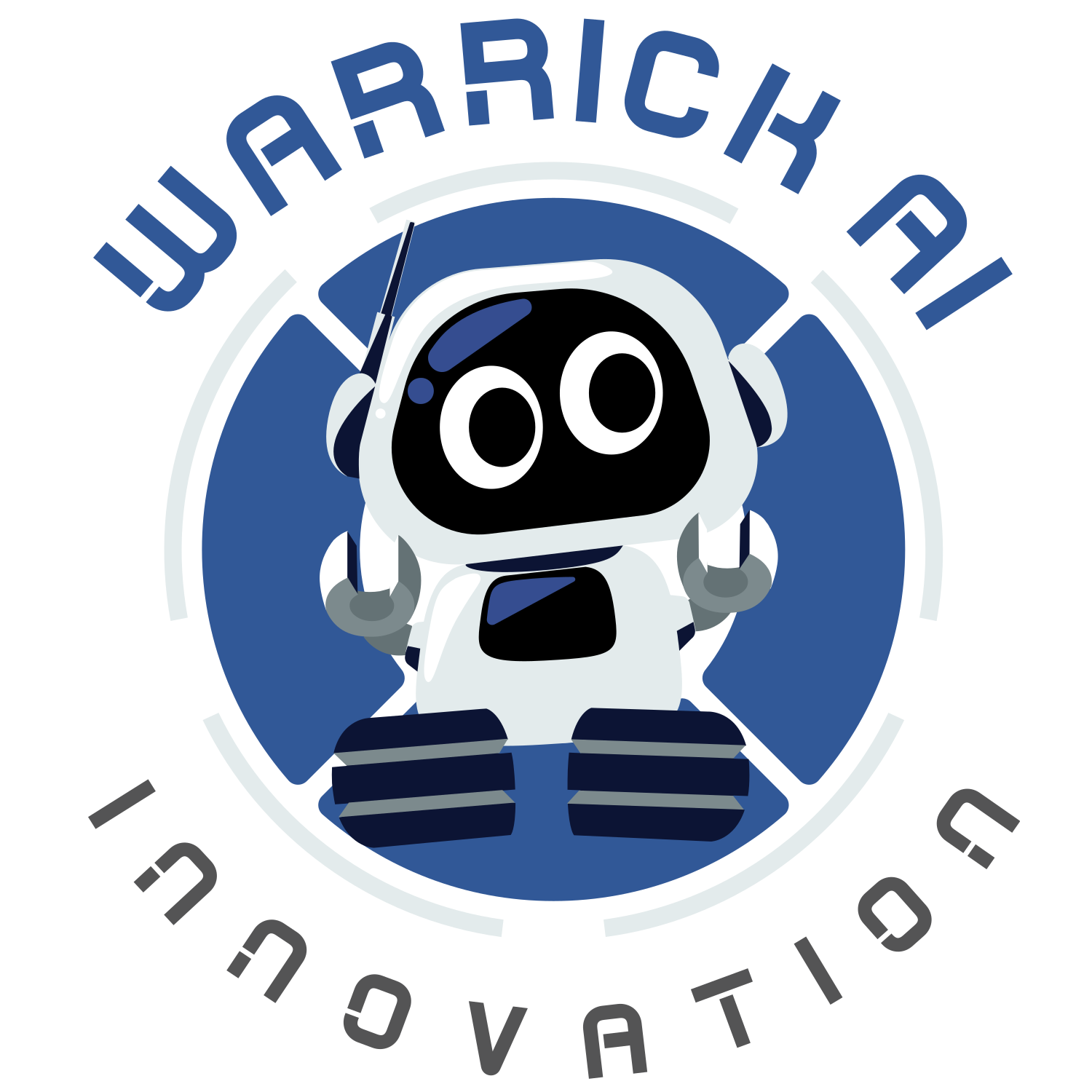- Financial services (fraud detection, risk modeling)
- Healthcare (diagnostic assistance, patient analytics)
- Retail (demand forecasting, personalization)
- Manufacturing (predictive maintenance, quality control)
- Supply chain optimization
Warrick AI Industry-Specific Solutions: Tailored Intelligence for Sector-Specific Excellence
The true power of artificial intelligence emerges when it addresses the unique challenges, regulatory requirements, and operational complexities that define specific industries. Warrick AI’s industry-specific solutions move beyond generic AI applications to deliver purpose-built intelligence systems that understand the nuanced demands of particular sectors, creating transformative value through deep domain expertise and specialized technological capabilities.
Healthcare: Revolutionizing Patient Care and Operations
In healthcare, Warrick AI develops solutions that address the industry’s most pressing challenges while maintaining strict compliance with regulations like HIPAA and patient safety standards. AI-powered diagnostic imaging systems enhance radiologist capabilities by identifying subtle patterns in medical scans that might be missed during high-volume reviews, significantly improving early detection rates for conditions like cancer and cardiovascular disease.
Revenue cycle management systems leverage AI to automate medical coding, claims processing, and billing operations, reducing administrative costs that account for nearly 25% of healthcare spending. These systems understand complex medical terminology, insurance requirements, and regulatory coding standards to ensure accurate and efficient financial operations.
Predictive analytics platforms analyze patient data to identify individuals at risk for complications, hospital readmissions, or adverse events, enabling proactive interventions that improve outcomes while reducing costs. These systems integrate data from electronic health records, lab results, and monitoring devices to provide comprehensive patient insights that support clinical decision-making.
Financial Services: Enhancing Security and Customer Experience
Financial services implementations focus on fraud detection, risk assessment, and customer service optimization while maintaining strict regulatory compliance and data security standards. AI-powered fraud detection systems analyze transaction patterns in real-time, identifying suspicious activities with greater accuracy than traditional rule-based systems while reducing false positives that disrupt legitimate customer transactions.
Credit scoring and risk assessment models incorporate alternative data sources and sophisticated algorithms to provide more accurate and fair lending decisions, particularly benefiting underserved populations who may lack traditional credit histories. These systems comply with fair lending regulations while expanding access to financial services.
Conversational AI platforms transform customer service by handling routine inquiries, account management tasks, and financial guidance, enabling human advisors to focus on complex wealth management and relationship building. For high-earning, not-rich-yet (HENRY) demographics, AI-powered advisory services provide personalized financial guidance at scale.
Manufacturing: Optimizing Operations and Quality
Manufacturing solutions leverage AI for predictive maintenance, quality control, and supply chain optimization. Computer vision systems monitor production lines in real-time, detecting defects and quality issues with greater precision than human inspectors while maintaining consistent standards across high-volume operations.
Predictive maintenance algorithms analyze sensor data from equipment to forecast potential failures before they occur, reducing unplanned downtime and maintenance costs while extending equipment lifespan. These systems understand the specific operational patterns and failure modes of different manufacturing equipment types.
Supply chain optimization platforms process vast amounts of data from suppliers, logistics providers, and market conditions to optimize inventory levels, production schedules, and distribution strategies. AI-powered demand forecasting improves accuracy while reducing waste and stockouts.
Retail and E-commerce: Personalizing Customer Experiences
Retail implementations focus on personalization, inventory management, and customer engagement optimization. Recommendation engines analyze customer behavior, purchase history, and preferences to deliver personalized product suggestions that increase conversion rates and customer satisfaction.
Demand forecasting systems optimize inventory management by predicting sales patterns, seasonal trends, and market demands, reducing overstock situations while ensuring product availability. These systems consider factors like weather patterns, local events, and economic indicators that affect consumer behavior.
Dynamic pricing algorithms adjust product prices in real-time based on demand, competition, and inventory levels, maximizing revenue while maintaining competitive positioning.
Regulatory Compliance and Data Security
All industry-specific solutions incorporate comprehensive compliance frameworks that address sector-specific regulations, data protection requirements, and audit standards. These implementations include automated compliance monitoring, audit trail generation, and risk assessment capabilities that ensure ongoing regulatory adherence while maintaining operational efficiency.
Through deep industry expertise and specialized technological capabilities, Warrick AI’s industry-specific solutions create sustainable competitive advantages that drive measurable business outcomes while addressing the unique challenges that define each sector’s operational landscape.
